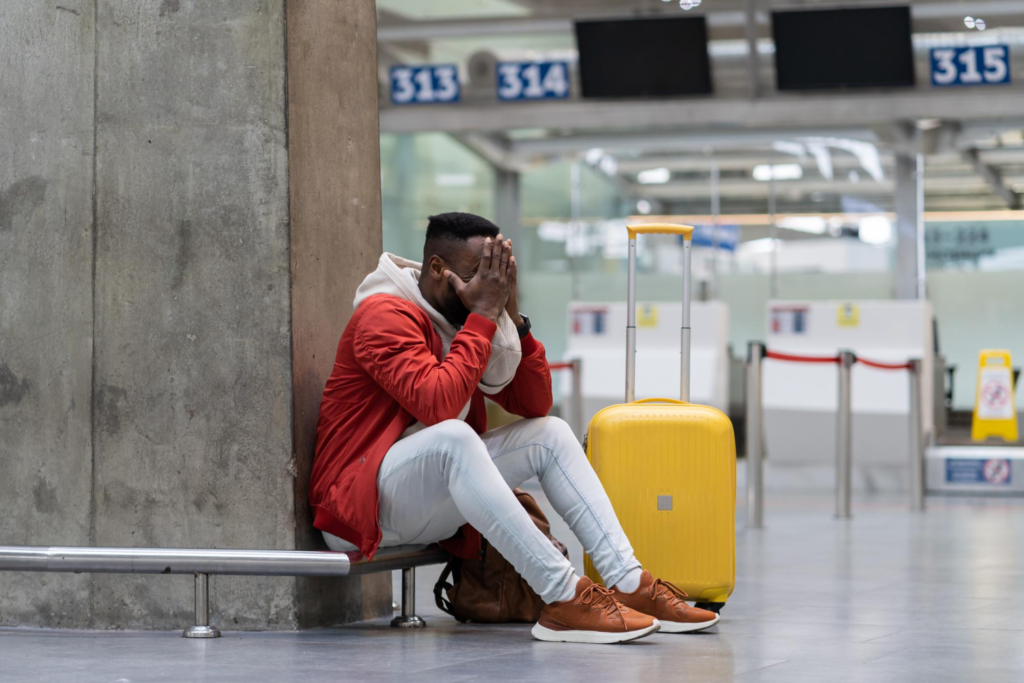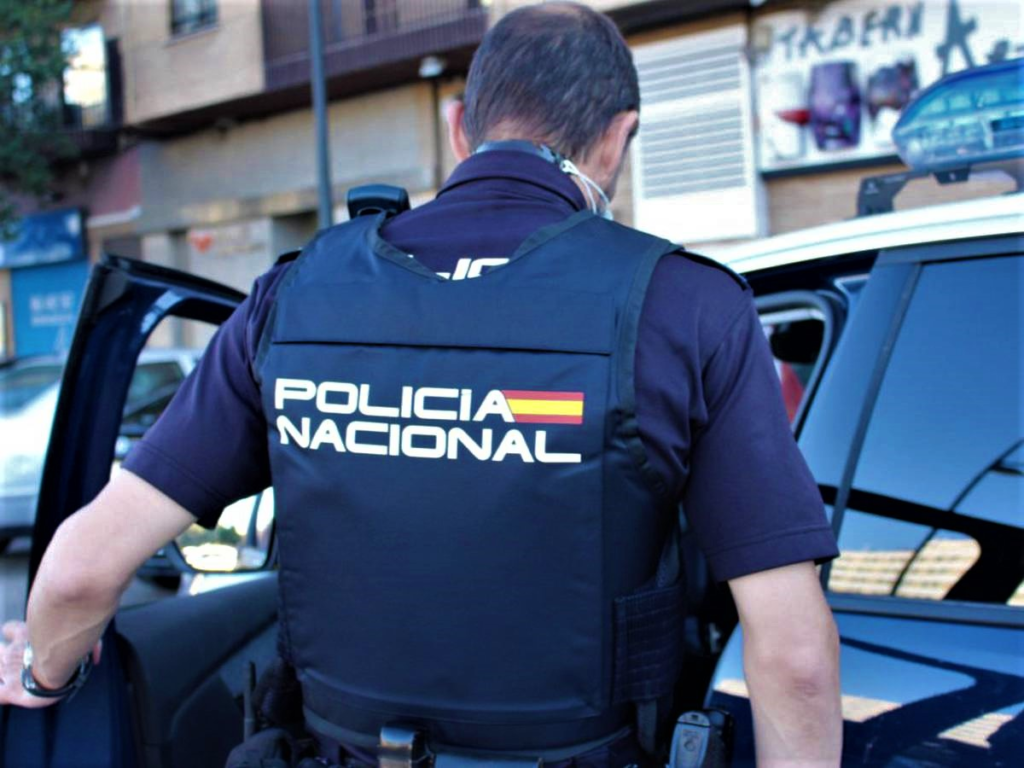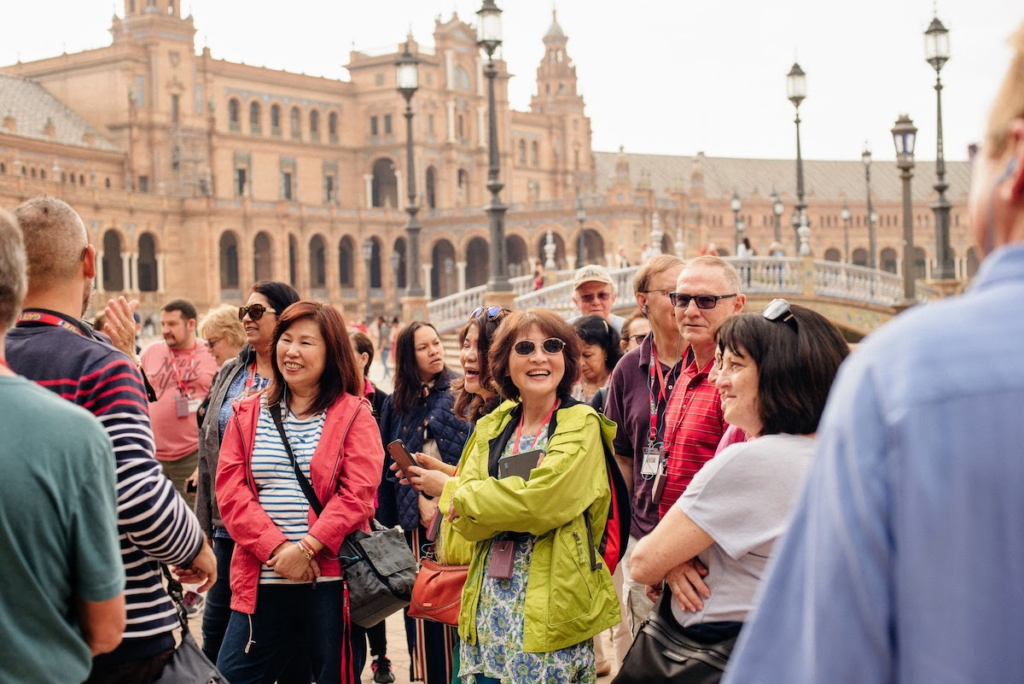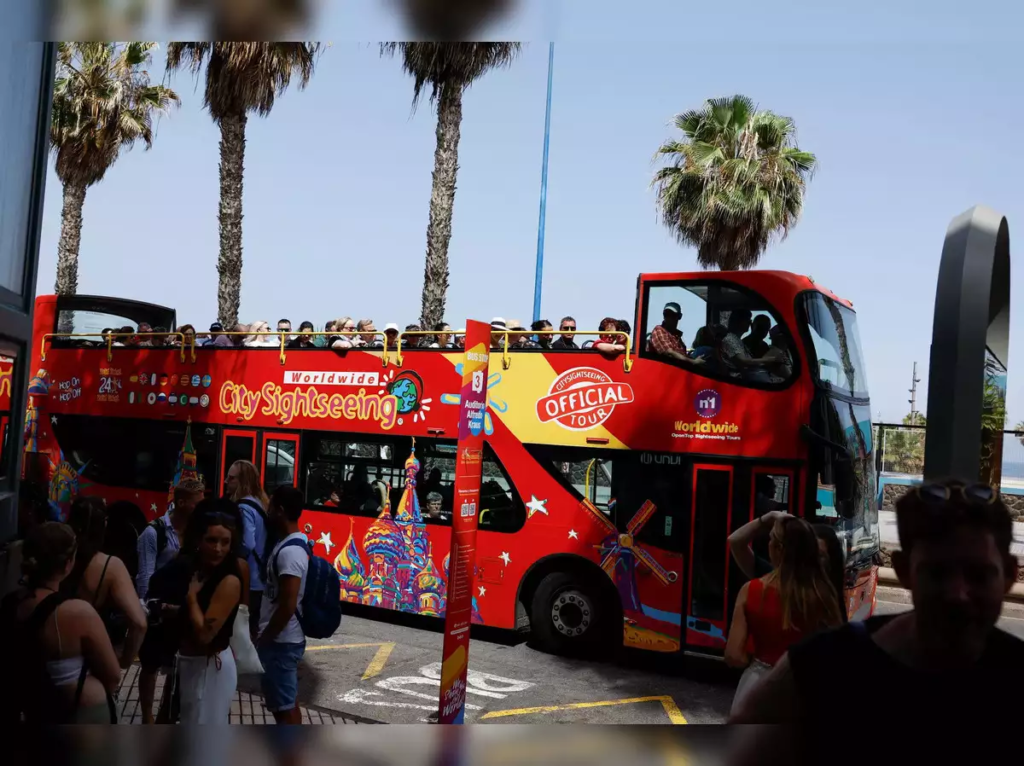Scammers in Spain. Spain, with its vibrant culture, stunning landscapes, and rich history, is one of the most popular travel destinations in the world. From the sun-soaked beaches of the Costa del Sol to the architectural wonders of Barcelona and the historic streets of Madrid, there’s something for everyone. However, like many popular tourist destinations, Spain also has its share of tourism scams that can turn a dream vacation into a nightmare. This article will provide a detailed guide on how to avoid these scams, complete with facts, statistics, and practical advice to ensure a safe and enjoyable trip.
The Scale of Tourism Scams in Spain

Tourism is a significant part of Spain’s economy, contributing around 12% to the country’s GDP in 2019, with approximately 83.7 million visitors annually before the pandemic. However, the sheer volume of tourists makes it a prime target for scammers. In 2019 alone, the Spanish police reported thousands of incidents involving petty theft and fraudulent activities targeting tourists.
According to a 2020 survey by the European Consumer Centre (ECC), 23% of tourists visiting Spain reported being victims of some form of scam, ranging from overcharging in restaurants to more sophisticated schemes like fake police officers. These scams can range from minor inconveniences to serious financial losses, making it essential for travelers to be aware and prepared.
Read also: Why Spain Nomad Visa Is the Best in the World
Common Scams Targeting Tourists in Spain

Knowing what to expect is the first step in protecting yourself from falling victim to scams. Here are some of the most common scams you might encounter while traveling in Spain:
1 . The Fake Police Officer Scam
One of the most notorious scams in Spain involves individuals posing as plainclothes police officers. They typically approach tourists under the guise of checking for counterfeit money or drugs. They will ask to see your identification, passport, and even your wallet. Once you hand over your belongings, they may discreetly take your cash or credit cards and then return your wallet.
How to Avoid It: Real police officers in Spain rarely approach tourists in this manner. If someone claiming to be a police officer stops you, ask to see their identification. If they refuse or you feel uncomfortable, insist on going to a police station or simply walk away. Never hand over your wallet or valuables.
2 . The Friendship Bracelet Scam
This scam is prevalent in tourist hotspots like Barcelona’s La Rambla or Madrid’s Plaza Mayor. A friendly person will approach you and try to put a “free” friendship bracelet on your wrist. Once it’s on, they will demand money, and if you refuse, they may become aggressive.
How to Avoid It: Politely but firmly decline any offers of “free” gifts. Keep your hands to yourself and walk away if someone insists on giving you something you didn’t ask for.
3 . The Overpriced Taxi Ride
Taxi scams are common in many countries, and Spain is no exception. Some drivers may take longer routes, refuse to use the meter, or claim that the meter is broken to overcharge unsuspecting tourists.
How to Avoid It: Always use licensed taxis and ensure the meter is running when you start your journey. If possible, pre-book your taxi through a reputable app like Cabify or Free Now, which operate in most major Spanish cities.
4 . The Pickpocketing Scheme
Spain, particularly in cities like Barcelona and Madrid, is notorious for pickpocketing. Scammers often work in teams and use distractions, such as asking for directions or spilling something on you, to steal wallets, phones, or other valuables.
How to Avoid It: Keep your belongings secure and be vigilant in crowded areas. Use anti-theft bags with hidden zippers and avoid keeping valuables in easily accessible pockets. If someone spills something on you or asks for help, be cautious and keep an eye on your belongings.
The Restaurant Overcharging Scam

In some tourist areas, restaurants may inflate prices for tourists or add items to your bill that you didn’t order. This can result in an unexpectedly high bill at the end of your meal.
How to Avoid It: Always check the menu for prices before ordering and review your bill carefully before paying. If you notice discrepancies, don’t hesitate to question the charges.
Regional Variations in Scams

Different regions in Spain have their unique tourist scams, often tailored to the local environment and tourist demographics. Here’s a look at some region-specific scams and how to avoid them:
1. Barcelona
- Las Ramblas Street Performers: Some street performers or artists may approach you with a “gift” drawing or performance and then demand money afterward.
- Fake Petition Scams: Scammers, often posing as charity workers, may ask you to sign a petition and then request a donation. Some may use this distraction to pickpocket you.
2. Madrid
- Restaurant Scams in Plaza Mayor: Some restaurants around tourist areas may charge exorbitant prices for basic dishes or bring items like bread and olives to your table, which you’ll be charged for if consumed.
- The “Baby Throwing” Scam: A group may throw a fake baby doll at you to create a distraction while their accomplices steal your belongings.
3. Andalusia
- Flamenco Ticket Scams: In cities like Seville, you may be offered “exclusive” flamenco show tickets at a high price, only to find that the show is subpar or nonexistent.
- Street Lottery Scam: People selling fake lottery tickets may approach tourists, claiming they are for a local charity or festival.
4. Valencia
- Fake Festivals or Events: Scammers may sell you tickets to a nonexistent festival or event, particularly during the busy Fallas festival season.
Practical Tips for Avoiding Scams

Here are some practical tips to keep you safe from scams while traveling in Spain:
1. Plan and Research Ahead
Before your trip, research the common scams in spain you plan to visit. Familiarize yourself with local customs, transportation options, and average prices for goods and services. This knowledge will make you less susceptible to scams.
2. Use Trusted Booking Platforms
For accommodations, transportation, and activities, use reputable platforms like Booking.com, Airbnb, or GetYourGuide. These platforms offer reviews and support in case of disputes.
3. Be Cautious with Cash and Cards
Avoid carrying large amounts of cash. Instead, use credit or debit cards for most transactions, as they offer more security and protection against fraud. If you need to withdraw cash, use ATMs inside banks rather than those on the street.
4. Stay Connected and Share Your Plans
Keep your family and friends informed about your travel plans and whereabouts. If you encounter a scam or feel unsafe, contact local authorities or your embassy.
5. Learn Basic Spanish Phrases
Learning a few basic Spanish phrases can help you navigate situations more confidently and avoid misunderstandings that scammers might exploit. Phrases like “No, gracias” (No, thank you) and “¿Dónde está la comisaría?” (Where is the police station?) can be particularly useful.
Reporting Scams and Seeking Help

If you fall victim to a scam, it’s essential to report the incident to the local authorities. Here’s what you can do:
- Contact the Police: In case of a scam, theft, or any suspicious activity, contact the local police by calling 112, the European emergency number. You can also visit the nearest police station to file a report.
- Tourist Assistance Services: Spain has tourist assistance offices in most major cities, offering help in various languages. These offices can guide you on how to proceed if you’ve been scammed or need legal assistance.
- Contact Your Embassy: Your country’s embassy or consulate can provide support and advice if you fall victim to a scam. They can also help you replace lost or stolen documents.
The Economic Impact of Tourism Scams in Spain

Tourism scams not only affect individual travelers but also have a broader economic impact on Spain’s tourism industry. According to a 2018 study by the Spanish Ministry of Tourism, scams and petty crimes targeting tourists result in an estimated loss of 5-10% in potential revenue for local businesses in affected areas. Negative experiences shared through social media and travel review platforms can also deter future visitors, impacting the overall reputation of Spanish tourist destinations.
Positive Changes and Local Initiatives

In response to the growing issue of tourism scams, various cities in Spain have implemented measures to protect visitors:
- Increased Police Presence: Cities like Barcelona and Madrid have increased police presence in tourist hotspots, both uniformed and undercover, to deter scammers and provide assistance to tourists.
- Public Awareness Campaigns: Local governments have launched awareness campaigns, distributing flyers and using social media to educate tourists about common scams and how to avoid them.
- Tourist Assistance Programs: Several cities offer tourist assistance programs, providing information, legal advice, and support in multiple languages to help victims of scams.
Staying Safe and Enjoying Your Trip
While scams are an unfortunate reality in many popular tourist destinations, they shouldn’t deter you from enjoying the beauty and culture that Spain has to offer. By staying informed and vigilant, you can protect yourself from falling victim to these schemes. Remember to plan ahead, use trusted resources, and always be cautious in unfamiliar situations. With these precautions in mind, you’ll be well-equipped to navigate Spain’s vibrant cities and picturesque landscapes safely and enjoyably.
Read also: Things to Avoid While Traveling for the First Time











